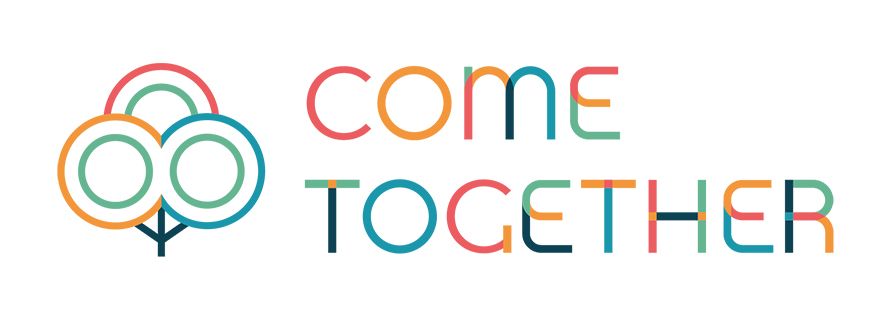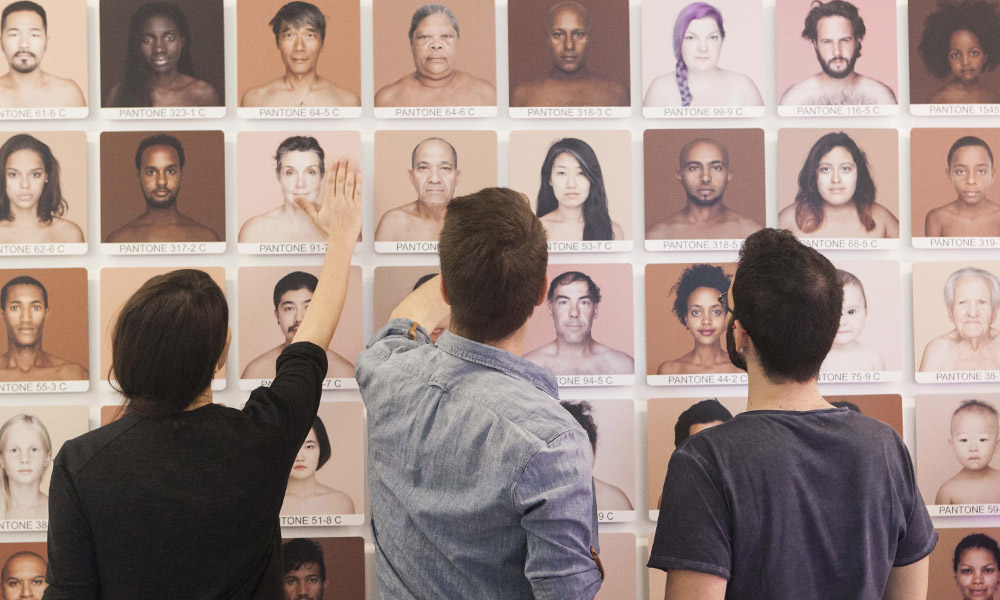 |
What do we need for sustainable gardening? Facilitator: Aljaž Plankl, May 21, 2025, Maribor.
Photo: Sandi Horvat |
Come Together! project aims to connect two challenges: environmental issues and social justice. We invited representatives of the Roma community to help design the project activities, with whom we chose the topic of educational and artistic activities: food production and preparation through time.
Roma are a recognized ethnic minority in Slovenia, and their presence in the region dates back to at least the 15th century. Approximately 12,000 Roma live in Slovenia. The Slovenian Roma community is diverse, and we included different groups in the project: from Prekmurje, Dolenjska and Maribor. Roma in Slovenia still face significant challenges: social exclusion and discrimination, housing problems, challenges in the field of education and employment, and health inequalities. In order to include Roma in discussions about food production and preparation, which are significantly affected by climate change, we developed educational and artistic activities.
 |
Discussion with Roma in Prekmurje on the topic of traditional food production and preparation,
May 24, 2025, Lendava. Photo: Sandi Horvat
|
 |
Traditional Roma food to try.
Prepared by Sonja Horvat,
Nova pot - Nevo drom association.
Lendava, May 2024, 2025.
Photo: Sandi Horvat. |
 |
Sonja Horvat from the
Nova pot - Nevo drom association
talks about the diet of Roma, Lendava, May 24, 2025. Photo: Sandi Horvat. |
The aim of the educational activities, which covered topics such as sustainable gardening, collecting herbs and making products from them, waste management, using leftover food and cooking was to provide participants with new information and enable them to try out new practices themselves. In doing so, we raised the question of what they themselves could do to make a difference in their local environment – in some places they have land and can plant their own garden, but in urban environments it is more difficult to get to land. We also talked about which herbs are medicinal and what we can make from them, how to cook delicious dishes and use up leftovers, and about the possibilities and methods of waste separation. It was particularly interesting to hear about the history of the Roma community and its development based on nutrition. The activities on herbs and nutrition were prepared and carried out by experts in these areas from the Roma community.
The aim of the artistic activity was to sensitize participants to the topic, to recognize their experiences and knowledge, and to use this as a basis for addressing the heritage of food production and preparation in Roma communities. The result of this activity is the recording of selected heritage narratives, which will become part of the newly created Roma heritage archive, which will be kept by SEM.
 |
Herbal corner at the premises of the Roma association,
June 6, 2025, Šentjernej. Photo: Sandi Horvat.
|
|
We carried out activities for the Roma community in Lendava, Maribor and Šentjernej. At the request of the organizers, who provided the space and participants for the activities in which they recognized potential, we carried out activities for two additional groups: for students at the initiative of the Lendava People's University (which operates in a multicultural environment where the Roma community and the Hungarian minority coexist) and for long-term unemployed individuals at the initiative of the NGO EPEKA; both organizations were part of our activity design meetings. In addition, we hosted a group of Roma from Prekmurje at the museum, who viewed the permanent exhibition Between Nature and Culture, and then talked about their heritage of food production and preparation. In Šentjernej, we were also joined by a representative of the Ministry of Labor, Family, Social Affairs and Equal Opportunities, Peter Dirnbek Vatovec.
95 people participated in the educational activities and 93 in the artistic activities. The implementation of the activities was also documented with a short film available here.
Many thanks to all participants and all facilitators for the exceptional gatherings and exchange of knowledge and experiences!
|
| Aljaž Plankl talks about preparing the soil for sustainable gardening in the garden of the founders of the Roma Association, June 6, 2025, Šentjernej. Photo: Sandi Horvat. |







